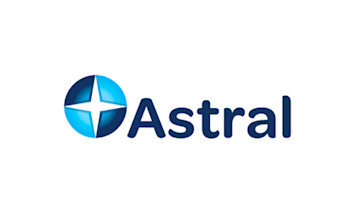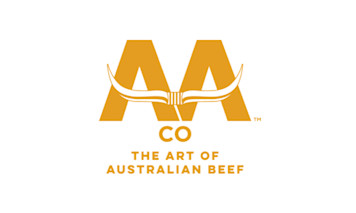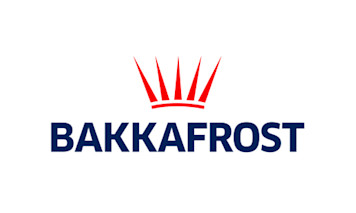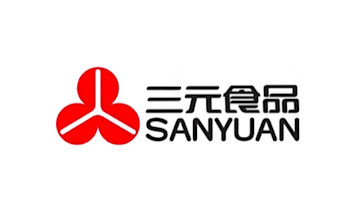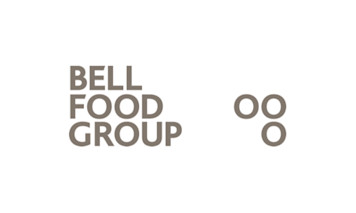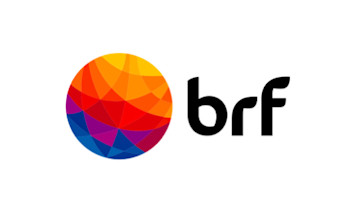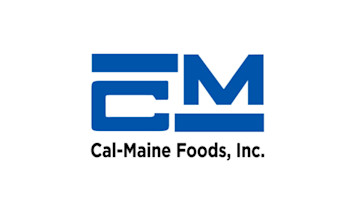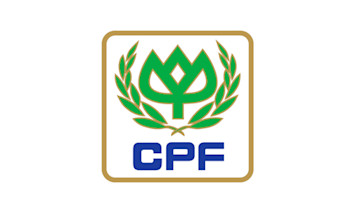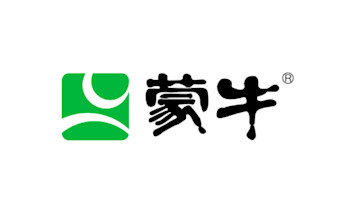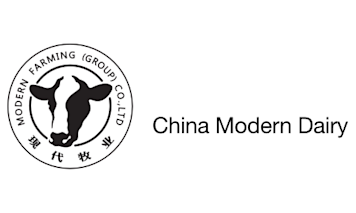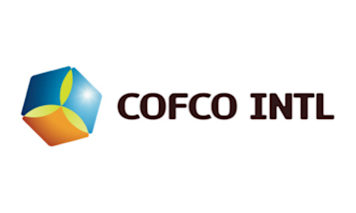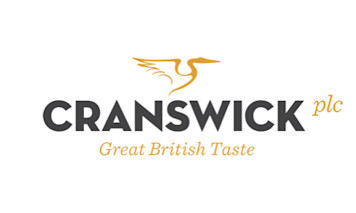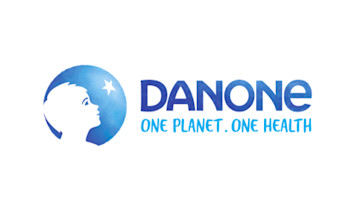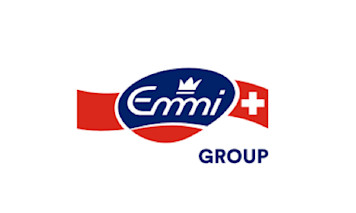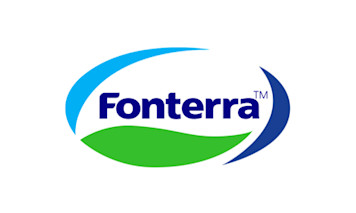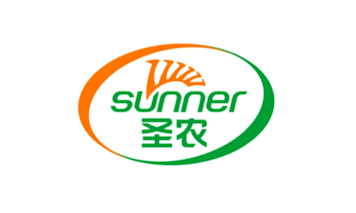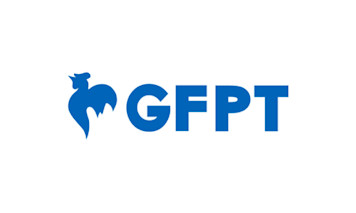About the Index
What is the Protein Producer Index?
This is the seventh edition of the Coller FAIRR Protein Producer Index, which assesses 60 of the largest, listed global meat, dairy and aquaculture companies on 10 material themes aligned with the Sustainable Development Goals (SDGs). The Index is designed to provide financial institutions with best-in-class data, analytics and trends on the protein sector to integrate into their investment decisions and engagement strategies.
The 60 Index constituents have a combined revenue of over US $518 billion in 2024. The companies were identified using the Bloomberg Industry Classification System and were selected due to their market capitalisation and material exposure to the five main animal protein categories (i.e., Beef, Dairy, Pork, Poultry & Eggs and Aquaculture). Companies assessed in the Index might be replaced if their core revenue-generating activities shift from animal protein production, if they are delisted or if other companies become more prominent in the sector.

Why are these risk and opportunity factors material for the animal farming sector?
We have worked with investors, companies and industry experts to create a methodology for evaluating 10 risk and opportunity factors.

How do we engage with companies?
We interact with companies at multiple stages of the Index production. After consulting with subject-matter experts, we ask companies for feedback on the proposed methodology. Once we have assessed them against the methodology, companies have a chance to review their assessment. Finally, once we launch the Index, we offer companies the opportunity to discuss their performance.

Which 60 animal protein producers are included?
Why have we selected companies that supply the biggest global food retailers?
Companies featured in the Coller FAIRR Protein Producer Index are key suppliers to some of the biggest global food retailers. These consumer-facing companies depend on Index-listed companies for their meat, fish and dairy and are consequently exposed to a broad spectrum of sustainability risks.
Global food retailers will struggle to achieve many of their sustainability-related goals (such as emission reduction targets, deforestation-free supply chain commitments, sourcing of antibiotic-free meats) without engagement and certification of their suppliers.
Members can now leverage the Index data to understand potential gaps and opportunities within the supply chains of some of the largest consumer-facing companies, using the new Supply Chain Analysis feature.


